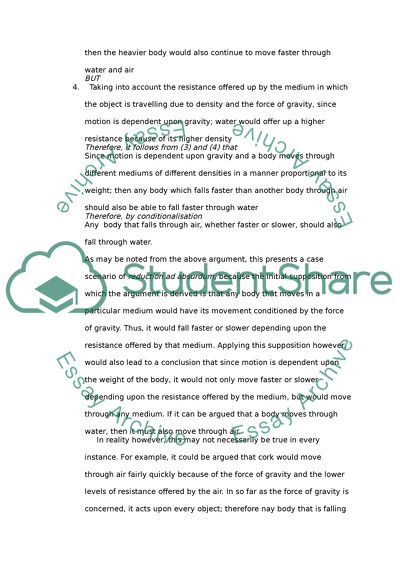Cite this document
(Critical Thinking: Nietzsches Philosophy and Aristotles Argument Assignment, n.d.)
Critical Thinking: Nietzsches Philosophy and Aristotles Argument Assignment. https://studentshare.org/philosophy/1728110-critical-thinking
Critical Thinking: Nietzsches Philosophy and Aristotles Argument Assignment. https://studentshare.org/philosophy/1728110-critical-thinking
(Critical Thinking: Nietzsches Philosophy and Aristotles Argument Assignment)
Critical Thinking: Nietzsches Philosophy and Aristotles Argument Assignment. https://studentshare.org/philosophy/1728110-critical-thinking.
Critical Thinking: Nietzsches Philosophy and Aristotles Argument Assignment. https://studentshare.org/philosophy/1728110-critical-thinking.
“Critical Thinking: Nietzsches Philosophy and Aristotles Argument Assignment”. https://studentshare.org/philosophy/1728110-critical-thinking.


